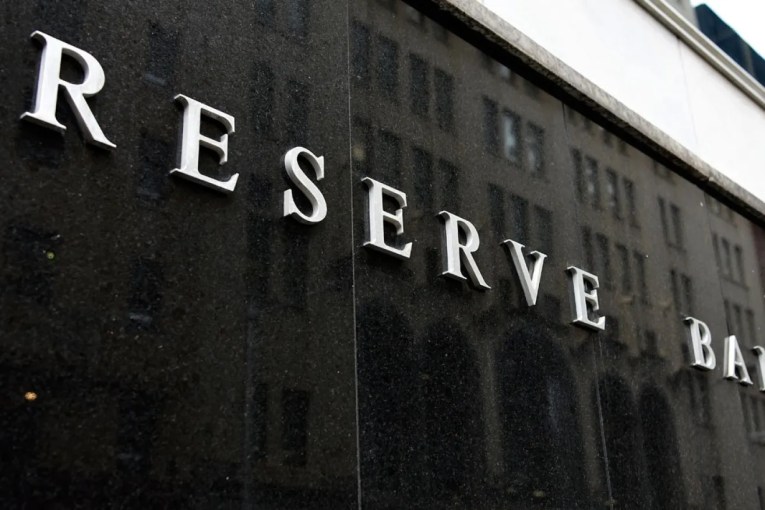Ask the Expert: HELP debt? What to consider and prioritise when paying off uni fees


Some students will have to pay $50,000 or more for their degree.
Question 1
- My daughter is two years into full-time employment after graduating with a $75,000 HELP debt. As of end of financial year 2022, her debt has increased even after repaying a total of $5000 in the 21 and 22 financial years. FY2023 will see her repay 4 per cent of her gross salary yet the current CPI is 7.2 per cent and so the debt will continue to grow even though she will repay over $3000. She is faced with a system that due to inflation is increasing her balance YoY. Should the HELP debt system be reviewed?
With inflation running faster than it has in many years, I’m receiving a lot of questions regarding HECS/HELP.
Apologies that I can’t respond to all of them, but this one gives a good indication of what people are feeling.
In 1970, university was free. In 1989 HECS was introduced, and students were charged $1800 for a uni degree and the Commonwealth government paid the balance.
Fast forward to now, and some students will have to pay $50,000 or more for their degree, with the government trying to back winners by making some degrees cheaper and others more expensive.
A recent report from Futurity found owing HECS-HELP can impact major life events, including buying a home, getting married and starting a family.
As an example, it noted that 61 per cent of graduates aged 22 to 29 have finished university with a HECS-HELP debt between $20,000 and $50,000.
These are substantial amounts for people who, having deferred an opportunity to earn a decent income, find themselves facing a tough housing market.
I can see many students find this system unfair, especially when compared to previous generations.
While for most people, having a degree will lead to a better long-term financial outcome – and perhaps other life skills and experiences – and I would still support students choosing uni, the cost burden is very high and I am hoping this government will review the system again.
Although technically no interest is charged, the debt is linked to CPI, which we all know has been rising rapidly. Therefore, many students’ debt is rising fast even if they are making some repayments.
For those that do have a debt, there are a few things to consider.
It would be great if you had enough to do everything, pay down HECS, save for a home deposit, take a holiday and invest elsewhere. Unfortunately, not many are in that position and that is where you need to make some trade-offs.
Firstly, you need to have a positive cash flow. Your income has to be higher than your expenses otherwise there is no option to consider until that is achieved.
Next, whether to pay down the HECS debt, other debt, save for a home, or invest elsewhere.
The answer to this will depend on your personal circumstances but in general, pay down other debt first if it is not tax deductible, such as personal loans, credit cards and home loan.
Although CPI is rising fast now, over the long term it will be below the rate of personal and home loans.
Given that most individuals with a HECS/HELP debt are fairly young, you can rule out super at this stage.
The big dilemma is normally whether to save extra for a home deposit or pay out HECS/HELP debt. Although having a debt will affect the amount you can borrow, generally saving for a home is the way to go if that is a goal of yours.
Having said that, many people do stress and have anxiety over their debt so you could look to do a bit of both. Make sure you pay enough off your debt to cover the interest to ensure it doesn’t grow and save/invest the rest.
Of course, your circumstances and goals might be totally different. You may decide to save for a life-changing holiday, and that’s also fine. Just make a conscious decision and be aware of the trade-offs.
Work out what’s most important to you, then invest or spend according to your goals and how you value money.
Question 2
- I am a 69-year-old single aged pensioner in Melbourne. I have only two sources of income – the aged pension and my superannuation income. Dealing with them separately, the aged pension is an annual payment of approximately $23,600 and my super income is approximately $14,220, with a total Income of $37,820. Do I need to pay tax on this figure, please?
Once retired and age-pension age, most individuals’ two main sources of income are from the age pension and super, just like you have outlined.
Super received from age 60 is tax free and not recorded on tax returns.
And while the age pension is taxable, it’s not enough on its own to create a tax liability.
Single senior Australians have a tax-free threshold of $33,089. That means unless you have taxable income above this figure you pay no tax.
Because of the ‘Senior and Pensioners tax offset’, this threshold is very generous.
By way of comparison, Australians under the age pension age only have an effective tax-free threshold of $21,885 before they have to pay tax.
Question 3
- I’m 82 and fully retired. I receive an account-based pension. I have excess cash from my deceased mother’s estate. Can I start a new super account with the excess cash and turn it into a account-based pension when the current one runs out?
No, as you are over 75 you can no longer make after tax (non-concessional) contributions to super.
You can potentially invest the cash into a managed fund-style investment and start a regular payment plan from it, while at the same time only draw down the minimum from your account-based pension to make it last longer.
Craig Sankey is a licensed financial adviser and head of Technical Services & Advice Enablement at Industry Fund Services
Disclaimer: The responses provided are general in nature, and while they are prompted by the questions asked, they have been prepared without taking into consideration all your objectives, financial situation or needs.
Before relying on any of the information, please ensure that you consider the appropriateness of the information for your objectives, financial situation or needs. To the extent that it is permitted by law, no responsibility for errors or omissions is accepted by IFS and its representatives.
The New Daily is owned by Industry Super Holdings








